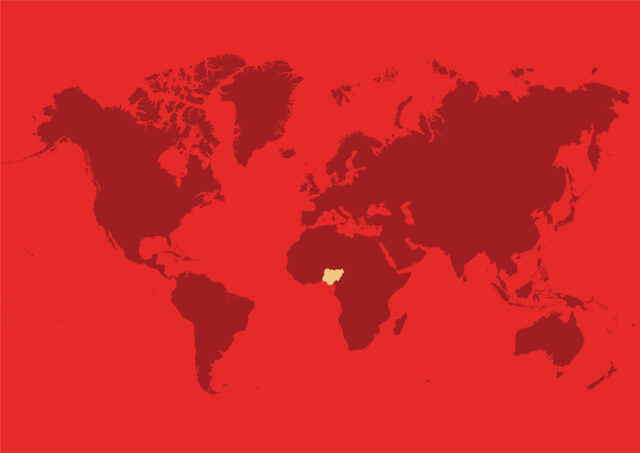With about 30 celebrities as faces of its brand, Globacom is the highest engager of celebrities as brand ambassadors and influencers among not just telecommunications companies, but companies in general.
Since the indigenous telecoms giants made an incursion into the mobile phone industry in 2005, it has consistently employed the use of Nigerian celebrities to spread the gospel of its brand.
While celebrities wield enormous star power and can influence their fans to pay more attention to the brand they are marketing, the jury is still out on whether this brand recognition actually translates to patronage.
More so in Nigeria where audiences are not nearly as star struck around celebrities as they tend to be in other climes, it’s even more difficult for celebrities to effect a significant increase in market share of the brand they represent.
Globacom has signed a host of famous people to spread the gospel of its brand, both in the movie and music industries over the course of the 12 years they have been in existence, and don’t look like they are about to slow down now, but beyond sticking to a mindset, it’s hard to believe these celebrities have produced a concomitant increase in sales for the brand.
According to the Nigerian Telecommunications Services Sector Report compiled by the Nigerian Communications Commission and the National Bureau of Statistics, as at 2016, MTN still had the highest number of mobile subscribers with 39% of the 148.74 million voice subscribers, while Airtel and Glo are at par with 23% and Etisalat follows with 15%. MTN also leads Globacom and Airtel in the number of internet subscribers.
This shows that Glo still has a lot to do if they are to upstage MTN as the Kings of the Nigerian telecommunications industry. And if engaging celebrities as brand ambassadors is the marketing strategy they have adopted to make this happen, then it is clearly not working.
While Glo invests a lot of money in engaging these celebrities and organizing shows and events to create buzz and engage with youths in particular, its current reputation for providing terrible service is a major factor that is counter-productive to any marketing initiative.
In an economy still in the throes of recession, mobile phone subscribers are hardly fazed by the allure of celebrity endorsements, they are more concerned about getting value for their hard earned money. A value that Glo is failing to provide at the moment.
More and more people are also beginning to see celebrity endorsement for what it really is – an opportunity for stars to make a quick buck and not necessarily a reflection of the quality of the brand.
Glo’s use of a wide variety of celebrities is also a tad confusing for anyone who’s trying to pin the brand to a particular image. From Olamide to RMD, the telecoms operator appears to be vague in its message, as some of its ambassadors aren’t too believable in selling the brand.
In all of these, what is most important is that Globacom does not rely solely on celebrity engagement to sell its image, rather it should focus on providing not just cheap (as it is currently doing) but quality service, and employs other marketing strategies to achieve its aim of getting the largest share of the mobile phone market .




